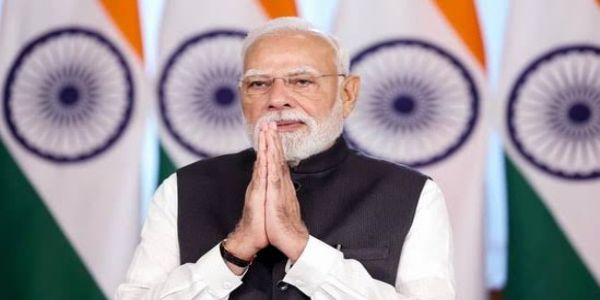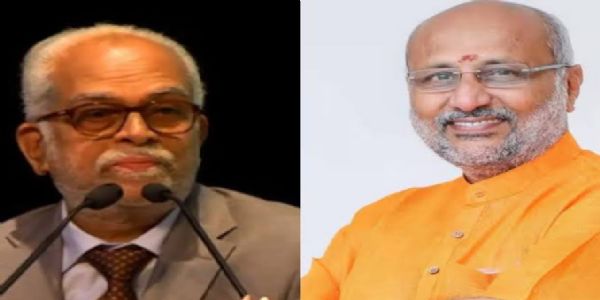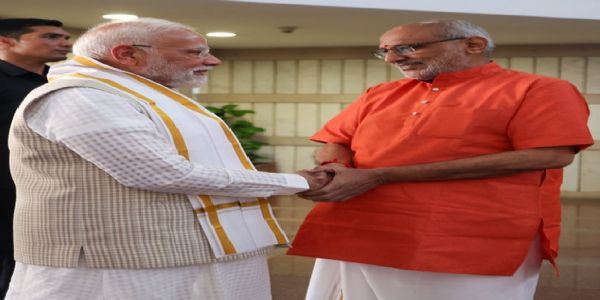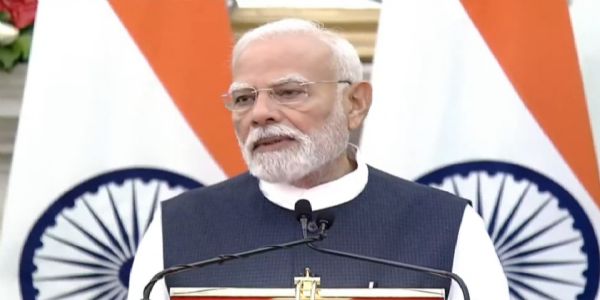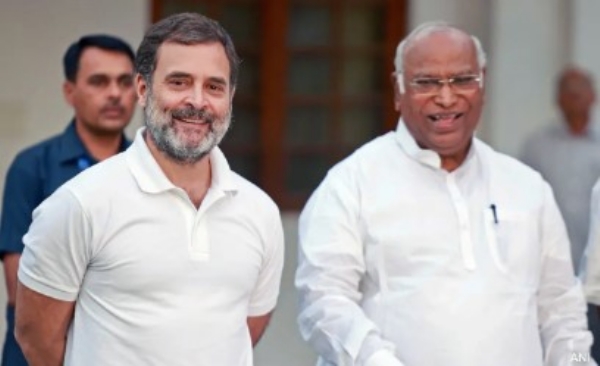
New Delhi, September 8 (HS): The proposed mega-infrastructure project on Great Nicobar Island has triggered a political storm, with the Congress party accusing the Modi government of insensitivity towards indigenous rights and ecological preservation. The controversy intensified after Congress Parliamentary Party Chairperson Sonia Gandhi, in an opinion piece published in a leading national daily on Monday, described the project as an impending “ecological catastrophe” and a grave violation of tribal rights.
Congress President Mallikarjun Kharge termed the ₹72,000-crore project “destructive,” arguing that it not only threatens fragile ecological balance but also endangers the survival of the Shompen and Nicobarese tribes. Sharing an excerpt of Sonia Gandhi’s article on his social media account, Kharge wrote that the project “mocks due legal procedures and democratic deliberation” while placing vulnerable tribal groups at existential risk.
Rahul Gandhi echoed the sentiment, calling the project symbolic of the government’s “insensitivity” to the rights of indigenous peoples. He argued that the venture disregards established legal safeguards and consultation processes, branding it a reckless assault on constitutional values.
Through its official platforms, the Congress party underscored that the very existence of the Shompen and Nicobarese tribes is at stake. The statement described the project as “an attempt at unprecedented ecological destruction,” urging citizens to resist what it called both “a betrayal of justice and a violation of national values.”
Concerns Highlighted in Sonia Gandhi’s Article
In her article, Sonia Gandhi argued that the Great Nicobar project is a “grave error” that risks displacing vulnerable tribes while destroying the island’s unique ecosystem. She highlighted several core concerns:
-Tribal Rights at Risk: The Shompen and Nicobarese, already displaced after the 2004 tsunami, face permanent uprooting from their ancestral homelands. The government, she noted, bypassed the National Commission for Scheduled Tribes, ignored tribal councils, and excluded indigenous voices from the Social Impact Assessment. Allegations of forged consent from tribal councils have further clouded the approval process.
-Ecological Destruction: The project could wipe out nearly 15 percent of the island’s rainforest, with estimates suggesting the felling of between 850,000 and 5.8 million trees. Instead of compensating with local reforestation, the government has proposed afforestation in Haryana—an ecologically irrelevant measure.
-Violation of Environmental Safeguards: The planned transshipment port lies within a Coastal Regulation Zone-IA area, a critical breeding ground for leatherback turtles and coral reefs. Despite concerns flagged by the National Green Tribunal, Gandhi accused the government of manipulating zoning definitions to push the project forward.
-Seismic Vulnerability: The island, located in a seismically active zone, suffered devastating impacts during the 2004 tsunami. The article also pointed to the recent 2025 earthquake as a stark reminder of the dangers of building such massive infrastructure in disaster-prone terrain.
Gandhi’s Appeal
Sonia Gandhi concluded by urging collective resistance, warning that the project represents a betrayal of tribal rights, environmental commitments, and democratic processes. She framed the issue as not only ecological and humanitarian but also as a deep moral failing that undermines India’s constitutional values and responsibilities towards future generations.
---------------
Hindusthan Samachar / Jun Sarkar





